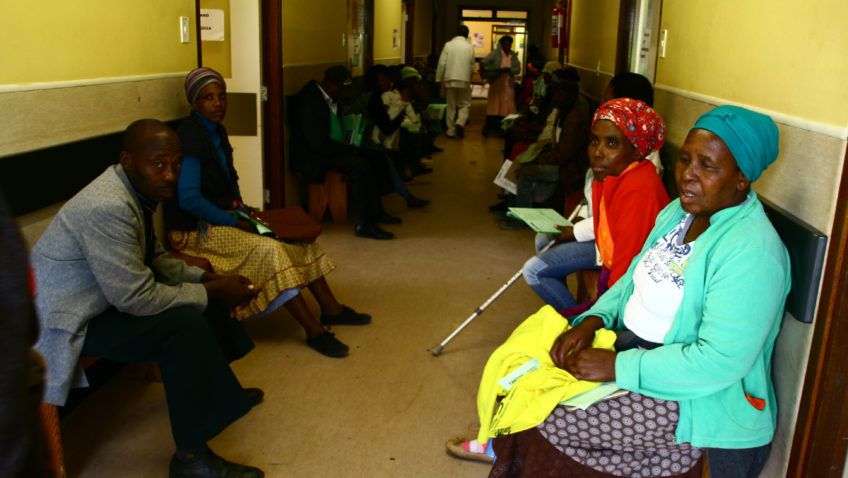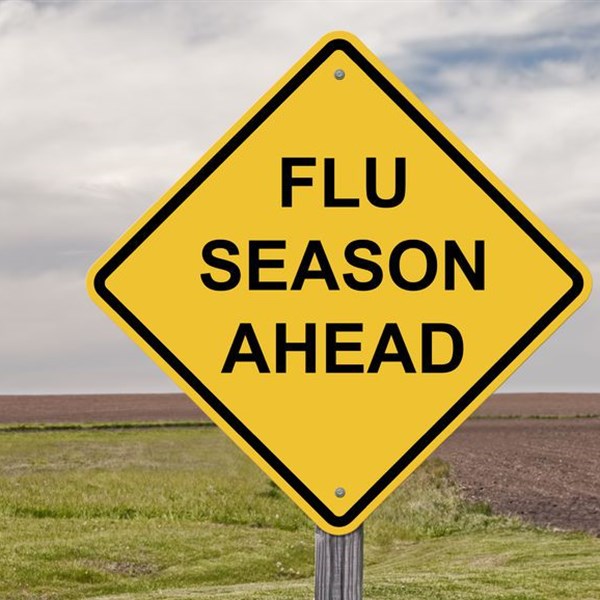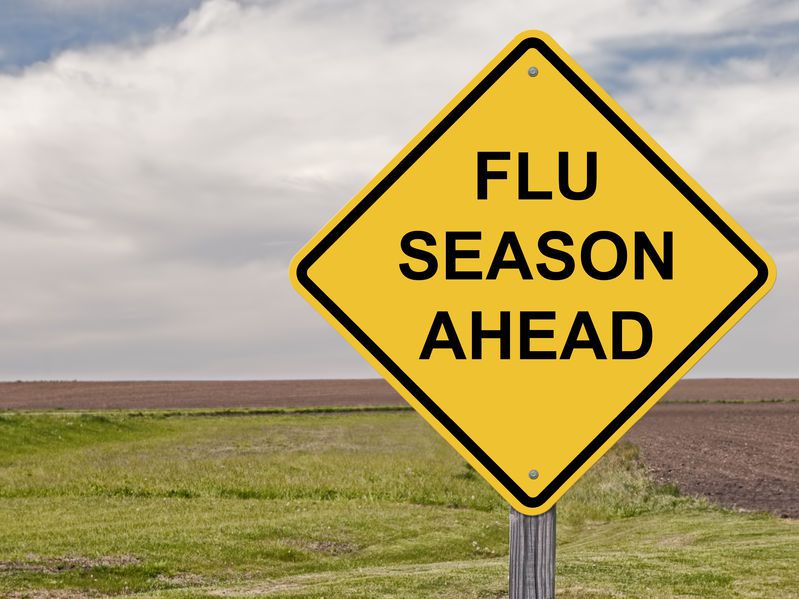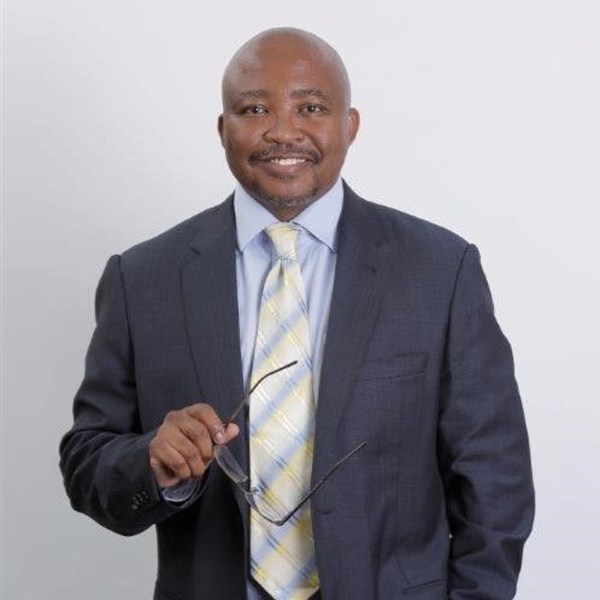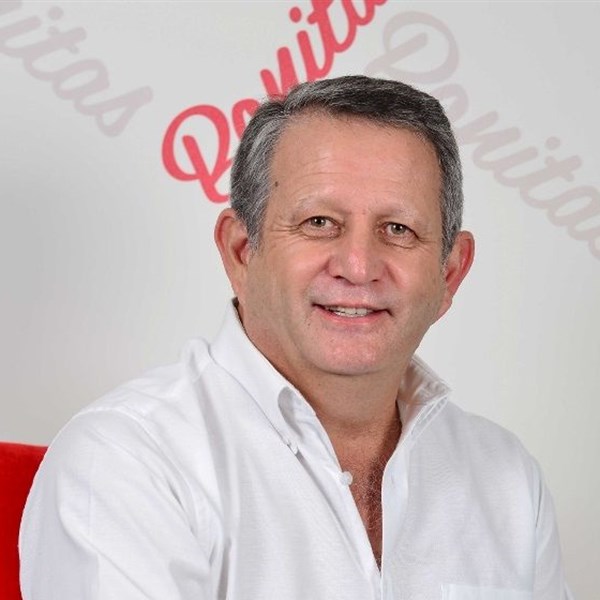The price healthcare pays
The local private healthcare industry spent over R150bn in 2016. Of this, a staggering
10%–15% of claims contained elements of fraudulent information – adding an estimated R22bn to the annual cost of private healthcare.
‘Over the years, we have observed an increasing trend in the abuse of the member’s benefits by certain medical service providers and fraudulent claims as a result of collusion between medical service providers and, in some instances, members of the Fund. This behaviour undermines the financial sustainability of the Fund and is detrimental to all of its members,’ Marion explains.
Who is affected?
Because a medical scheme is a non-for-profit organisation healthcare fraud, waste and abuse has a direct impact on the membership base.
Examples of FWA
Waste and abuse are far higher than fraud and more easily quantifiable in terms of values as it is usually a clear contravention of tariff codes or a rule that exists. The most common practices include:
- Billing for services not rendered (over billing).
- Using incorrect codes for services (at a higher tariff).
- Waiving of deductibles and/or co-payments.
- Billing for a non-covered service as a covered one.
- Unnecessary or false prescribing of drugs.
- Corruption due to kick- backs and bribery.
Combatting fraud
‘To minimise the impact of these common practices and to some extent address it, we have adopted a zero tolerance approach to FWA,’ says Marion.’ In 2015 we introduced an analytical software programme to identify anomalies or irregularities that could be indicative of FWA. The software is a robust solution that detects irregular claiming behaviour both for claim types and service providers.’
The successes
During 2017, Bonitas’s activities to detect and clamp down on FWA were amplified, with excellent results.
| Total quantified value for interventions |
R129.8m (2017) R79m (2016) |
| Waste and Abuse Recoveries |
R35m (2017) R22m (2016) |
| Fraud recoveries |
R3,006,189 (2017) R2,096,381 (2016) |
| Total of recoveries |
R38m |
| Total paid by the Fund |
R47,05,686 (October 2017) |
| Decrease in claiming behaviour of identified healthcare providers |
R75m in 2017 (R31m 2016) |
Bonitas investigated 35 cases of healthcare providers submitting fraudulent claims
These cases were reported to the South African Police Services (SAPS) and Specialised Commercial Crime Unit and criminal cases subsequently instituted. Five cases were finalised and all five healthcare providers were found guilty of fraud.
The sanctions applied include, but are not limited, to:
- Laying criminal charges with SAPS against the perpetrators
- Reporting the medical service providers to the relevant medical regulatory bodies
- Application of section 59(2) and (3) of the Medical Schemes Act against the medical service providers;
- Taking civil action against the perpetrator, and
- Termination of membership where necessary.
Finding the culprits
The majority of healthcare providers implicated in the reported criminal cases are speech therapists and audiologists. Four of the convicted healthcare providers were medical technologists from Limpopo who submitted false claims for services which were never delivered. They were charged with 180 counts of fraud, made up of 21,171 claims. Bonitas is constantly engaging with the police and the crime unit to ensure progress on these cases.
Re-couping losses
One healthcare provider, practicing as a GP, was also found guilty of fraud after he pleaded guilty to the charges against him. This healthcare provider was also submitting claims to Bonitas members for services not rendered and using a locum that was not registered with the Healthcare Professions Council of South Africa. The provider was sentenced to five years imprisonment which was suspended and a fine of R185,000 payable to Bonitas by 31 January 2018. In addition, 52 healthcare providers were reported to Health Professionals Council of South Africa.
The punishment
Three of these providers are serving prison sentences of 9-10 years while one received a suspended sentence. Another provider is awaiting sentencing. The remaining 30 criminal cases are at various stages in court.
In 2017, Bonitas updated the forensic detection software to detect irregular claims at pharmacies as well. This resulted in:
- A 40% increase in identified fraud, wastage and abuse
- Recoveries increasing by 85%
- A positive change in claiming patterns from healthcare providers a behavior change that amounted to R75m as of September 2017.
Recovering the money
Steps were taken to recover the money Bonitas paid out to these providers as a result of their fraudulent behaviour. Various measures were taken against healthcare providers who failed to honour the repayment terms. This includes internal controls introduced to identify healthcare providers who evaded the sanctions imposed, consequences of defaulting including being blacklisted.
The challenges
One of these challenges was a healthcare provider signing an acknowledgement of debt, agreeing on a pay back installment and then defaulting. A process was therefore initiated where the healthcare practitioner would be informed of consequences of not honouring the agreement which included them being blacklisted.
‘In some cases, blacklisted healthcare providers, who had their practice numbers barred by Bonitas, would simply acquire new practice numbers and come back to the system.’ says Marion. ‘This prompted us to introduce manual screening of all new practice numbers. This process has yielded positive results as 63 healthcare providers who were trying to circumvent the sanctions have been identified and blocked. We also introduced a process where a healthcare provider with an outstanding amount will be blacklisted in the credit bureaus.’
Zero tolerance
‘Based on our zero tolerance approach with regards to FWA, similar sanctions are being applied where medical service providers and/or members have been identified as having been involved. The sanctions are applied subject to the merits of each case,’ explains Marion.
‘This year we will continue to build on the criminal successes we have realised in 2017 and take further strides to conquer fraud, waste and abuse while constantly enhancing the working relationships with all stakeholders.’
Join the fight against fraud
Follow these tips to help combat fraud, waste and abuse.
- Keep your personal medical scheme membership details (such as your membership number) private and your membership card safe
- Check your medical aid statements to make sure that all claims are correct and for services you actually receive
- Avoid any activities where you receive cash back for providing your membership details or other benefits that are not in line with the stated benefits on your option
- Do not hesitate to query any irregularities relating to your claims with the call centre
- Report any suspicions of fraud to our Fraud Hotline on 0800 112 811 – you can remain anonymous
Marion says, ‘We have systems in place to identify FWA within Bonitas but we also appeal to anyone who suspects any kind of wrongdoing to report it to their medical aid immediately.’

